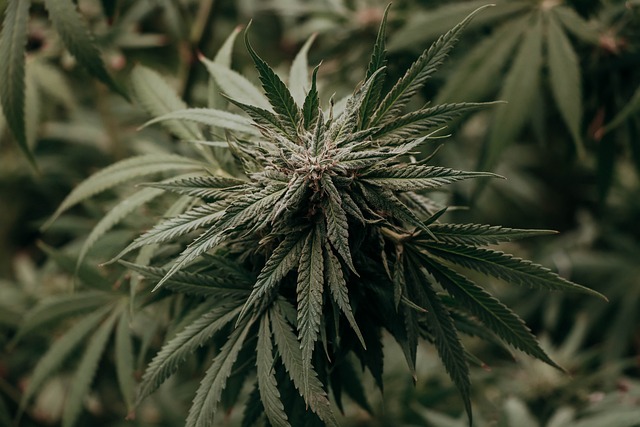THCa Flower vs. THC: Key Differences and Health Benefits
The world of cannabis is vast and varied, with numerous compounds contributing to its effects and benefits. Among these, THCa and THC are two of the most discussed. Understanding their differences and potential health benefits Premium options for THCa flower can help consumers make informed choices.
Understanding THCa and THC
THCa, or tetrahydrocannabinolic acid, is a non-psychoactive cannabinoid found in raw cannabis plants. It is the precursor to THC, the compound responsible for the psychoactive effects commonly associated with cannabis use. THCa converts to THC through a process called decarboxylation, which occurs when cannabis is heated.
THCa: The Raw Form
THCa is abundant in fresh cannabis plants. It does not produce the “high” that THC does, making it an attractive option for those seeking the therapeutic benefits of cannabis without psychoactive effects. THCa flower is often consumed in its raw form through juicing or as a dietary supplement.
THC: The Psychoactive Component
THC, or delta-9-tetrahydrocannabinol, is the compound that most people associate with cannabis. It is responsible for the euphoria and altered sensory perception experienced when consuming cannabis. THC is typically consumed through smoking, vaping, or edibles.
Key Differences Between THCa and THC
- Psychoactivity: THCa is non-psychoactive, while THC is psychoactive.
- Consumption Methods: THCa is consumed raw, whereas THC requires heating.
- Legal Status: The legality of THCa and THC varies by region, with THC often facing stricter regulations.
- Therapeutic Uses: Both compounds offer potential health benefits, but their applications differ.
Health Benefits of THCa
Research into THCa is still in its early stages, but preliminary findings suggest several potential health benefits:
- Anti-inflammatory Properties: THCa may help reduce inflammation, making it a potential treatment for conditions like arthritis.
- Neuroprotective Effects: Some studies indicate that THCa could protect brain cells, offering hope for neurodegenerative diseases.
- Anti-emetic Benefits: THCa might help alleviate nausea and vomiting, particularly in chemotherapy patients.
Health Benefits of THC
THC is well-researched, with numerous studies highlighting its therapeutic potential:
- Pain Relief: THC is known for its analgesic properties, providing relief for chronic pain sufferers.
- Appetite Stimulation: Often used to combat appetite loss in patients with conditions like HIV/AIDS or cancer.
- Sleep Aid: THC can help improve sleep quality, making it beneficial for those with insomnia.
Case Studies and Statistics
Several studies have explored the effects of THCa and THC. For instance, a 2013 study published in the British Journal of Pharmacology found that THCa exhibited anti-inflammatory properties in animal models. Another study in 2016 highlighted THC’s effectiveness in reducing chronic pain in patients with multiple sclerosis.
Statistics from the National Institute on Drug Abuse indicate that approximately 30% of cannabis users may develop some form of cannabis use disorder, underscoring the importance of understanding the effects of THC.
Choosing Between THCa and THC
The choice between THCa and THC depends on individual needs and preferences. Those seeking therapeutic benefits without psychoactive effects might lean towards THCa. Conversely, individuals looking for pain relief or appetite stimulation might prefer THC.
Conclusion
THCa and THC offer distinct benefits and experiences. While THCa provides therapeutic potential without psychoactivity, THC offers well-documented relief for various conditions. Understanding these differences can guide consumers in making informed decisions about their cannabis use.
